As ASEAN summit opens, Cambodia is at a crossroads
U.S. President Joe Biden joins the line-up of international leaders arriving in Phnom Penh for the important event, but criminal organisations pose risks to investment and Cambodias' legacy as Chair
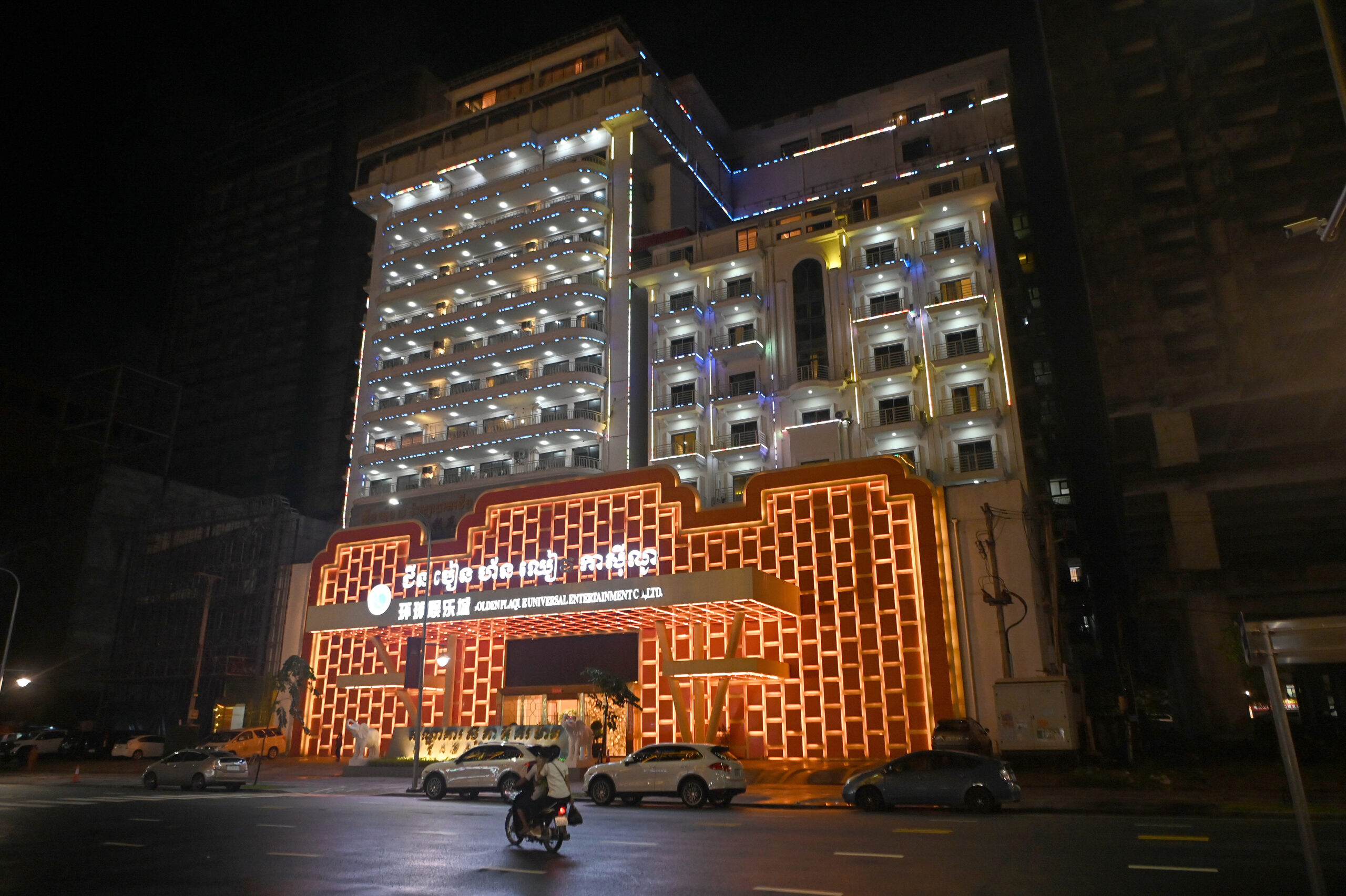
Just weeks before ASEAN bloc leaders arrived in Phnom Penh for the upcoming summit, an outspoken, retired Thai diplomat took unusually square aim at the meeting’s host, Cambodian Prime Minister Hun Sen, in an editorial published in The Diplomat.
“The issue of widespread human trafficking in Cambodia is an embarrassment to Hun Sen and his government, but it cannot have come as a surprise,” wrote former Thai Foreign Minister Kasit Piromya, referring to the widening fallout of the Cambodian cyberscams industry unveiled over the past year.
“While Hun Sen has the means to tackle such an issue, he lacks the will to do so. In fact, he is directly complicit, through the corrupt system of patronage that he oversees.”
Kasit is a board member of the ASEAN Parliamentarians for Human Rights, and is no stranger to criticising the Cambodian government. Still, the 77-year-old’s editorial may be the most forthright response yet from a neighbouring country to the reveal of such wide-spread organised crime networks with reported ties to powerful members of Hun Sen’s ruling Cambodian People’s Party.
With 37 years of leading his country, Hun Sen is the world’s longest-serving prime minister. The Cambodian People’s Party (CPP,) born of a single-party, socialist state overseen by Vietnam in the immediate aftermath of its rout of the Khmer Rouge in 1979, has proven to be a flexible structure to suit the needs of the time while not necessarily changing much at all. With a firm grasp of all mechanisms of the state, it didn’t need to make too many alterations.
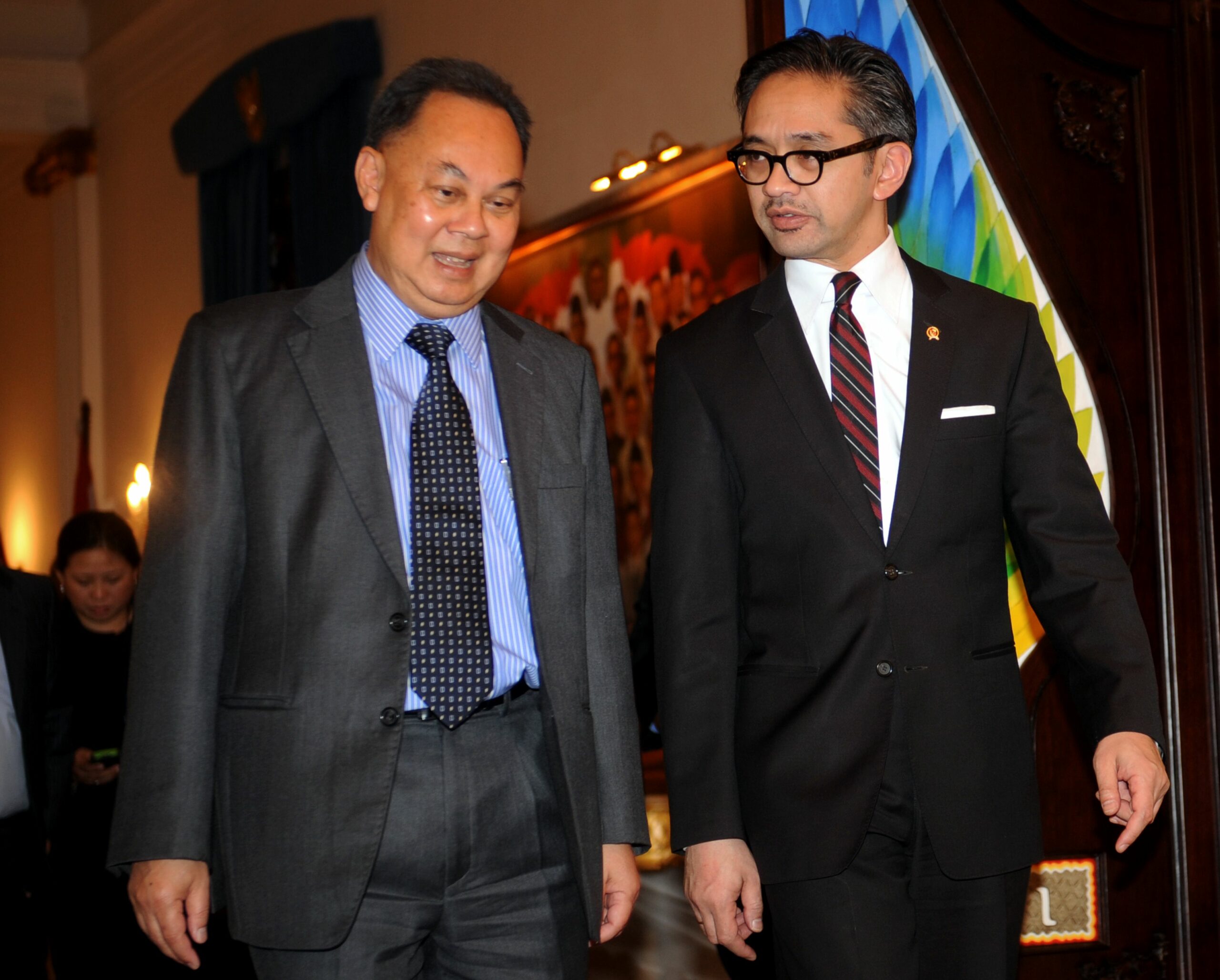
“Once a party controls and dominates it lacks legitimacy – it does not rule by consent, it rules by coercion,” said Sorpong Peou, a professor of peace and security studies at Toronto Metropolitan University. “When the CPP enjoys legitimacy, then the CPP can also work against corruption. But so far, I would say the failure of the CPP to stamp out corruption has a lot to do with co-option – as long as you support the party, you are free to reap the benefit of not being subject to judicial scrutiny.”
Such freedom made fertile ground for the scams industry to thrive. Cambodia is no stranger to organised crime facilitated by corruption and has, in recent decades, seen the large-scale illegal trafficking of timber, sand and counterfeit goods, among other commodities.
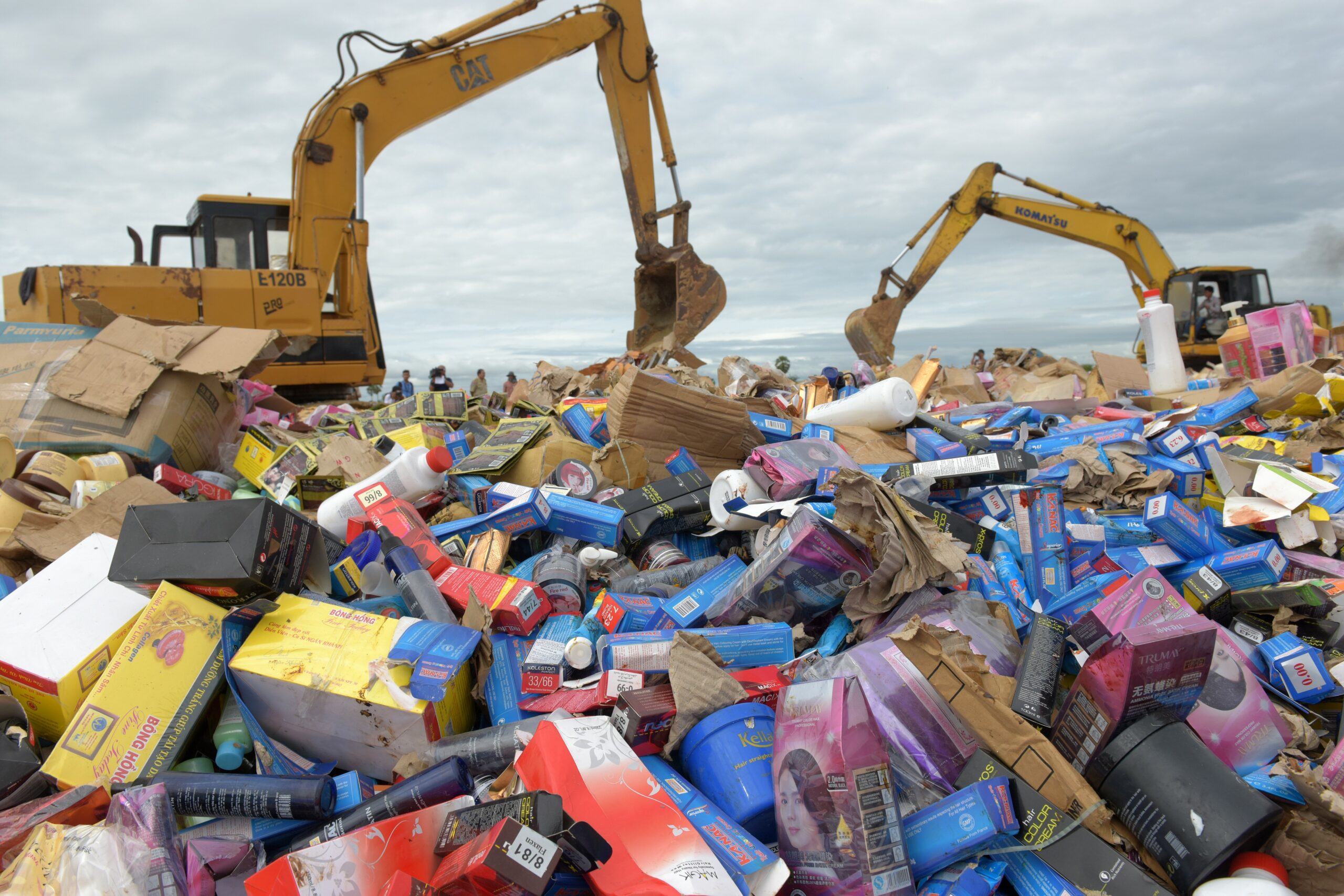
But the excesses of the estimated multi-billion-dollar scams industry, which relied mostly on forced labour from abroad and peddled human beings between compounds more or less openly and for minor sums, proved especially disturbing to a wide swath of civil society groups. The full reputational impact of the sector outside of Cambodia remains to be seen – some ASEAN experts told Globe they didn’t see the scams industry as an issue with diplomatic blowback on the bloc level, and gave favourable reviews to the kingdom’s past year as the rotational chair.
Given ASEAN’s non-interference principle, issues seen as domestic are given a wide berth. Delegates at the summit are expected to focus on broader issues, such as the post-coup conflict in Myanmar, the Russia-Ukraine war, the long-running South China Sea dispute and the standard goal of tighter economic integration.
But outside the conference halls, civil society members in Cambodia had a far more urgent view of the industry and what they described as a vast system that permitted it.
Naly Pilorge, the outreach director of the prominent Cambodian human rights group Licadho, didn’t even want to discuss the ASEAN summit when reached for comment. She described the present moment in stark terms, tracing a domestic situation that has worsened at an accelerating pace since the Supreme Court ordered dissolution of the opposition Cambodia National Rescue Party in 2017.
“Cambodia continues to spiral downward to outright dictatorship,” she wrote in a statement.
“In recent months, the government has overseen a deeply flawed commune election; convicted dozens of political opposition members in farcical mass trials; and filed charges against candidates and leaders of the opposition party – the Candlelight Party – which seeks to fill the void left by the forcibly dissolved CNRP.”
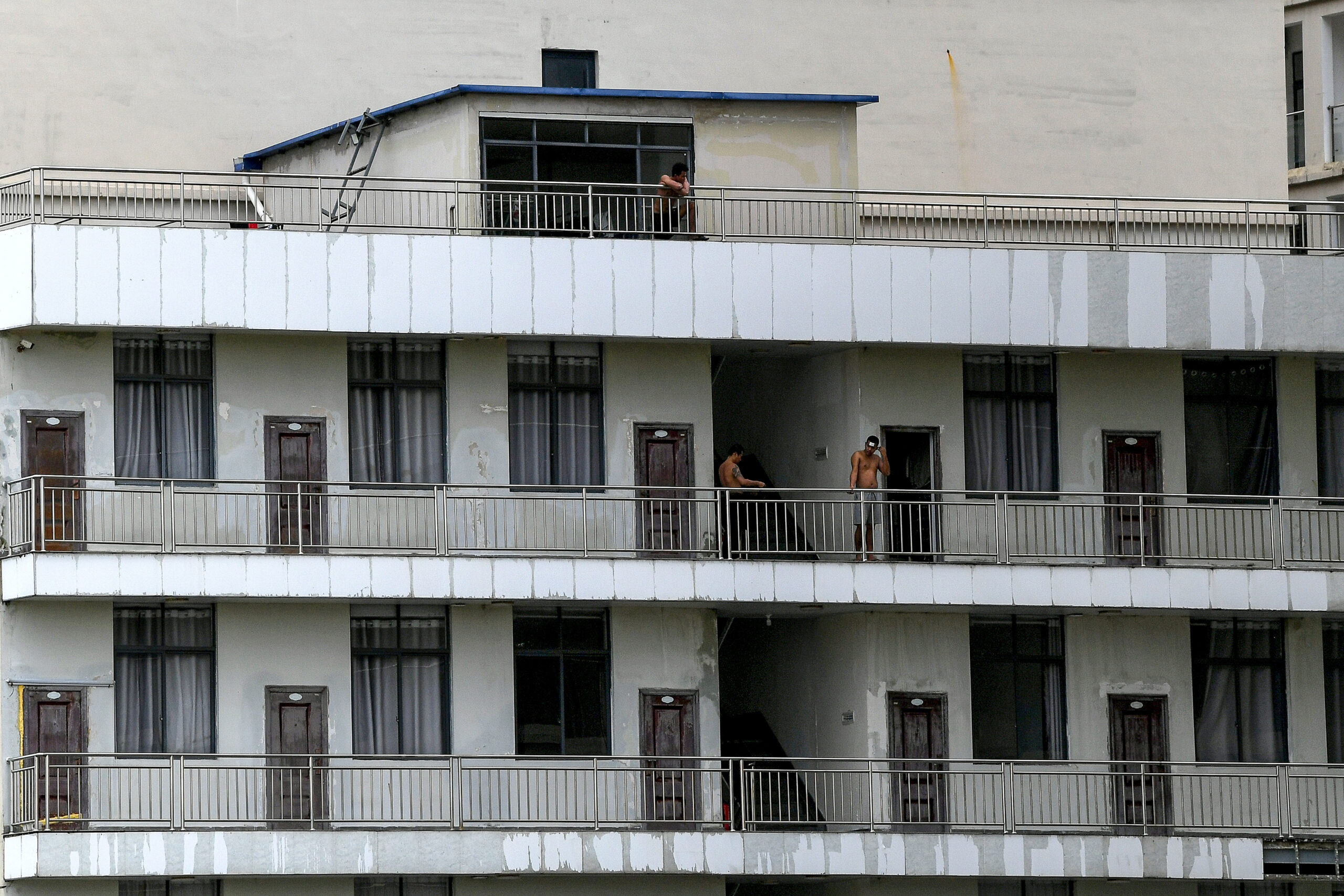
Shortly after the kingdom began its third turn as the rotational ASEAN chair last year, Hun Sen introduced a major political project – the long-awaited generational turnover within the CPP, which centred on naming his eldest son Manet as his chosen successor.
Manet is the commander of the Royal Cambodia Army and a graduate of the West Point Military Academy in the U.S. Since being tapped by his father, he has increasingly stepped into the public eye, making speeches at events across the country and boosting his profile on social media.
The announcement of his all-but-assured succession also came in the middle of the continued aftermath of the Supreme-Court-ordered dissolution of the CNRP.
The state has accused both Rainsy and Sokha of treason, and has pressed mass trials against more than 100 other CNRP members and supporters for charges related to conspiring with foreign powers to topple the government in a so-called “colour revolution”.
The opposition Candlelight Party – a resurrected version of the Sam Rainsy Party, which had made one half of the former CNRP union and is now campaigning without its exiled founder – stood in the commune elections of this past summer. It won more than a fifth of the overall vote, but came away with few positions in the local governance structure.
It already faces increasing rhetorical threats from Hun Sen and other government officials ahead of the 2023 national election for alleged ties to Rainsy, whom the prime minister has labelled “three-generational traitorous Sam Rainsy”.
“Now I appeal to the Khmer people who believe in this traitor – and any parties that want to associate with Sam Rainsy – we will file complaints against them to dissolve those parties,” said Hun Sen last month. “The law states that we need to dissolve parties that commit crimes.”
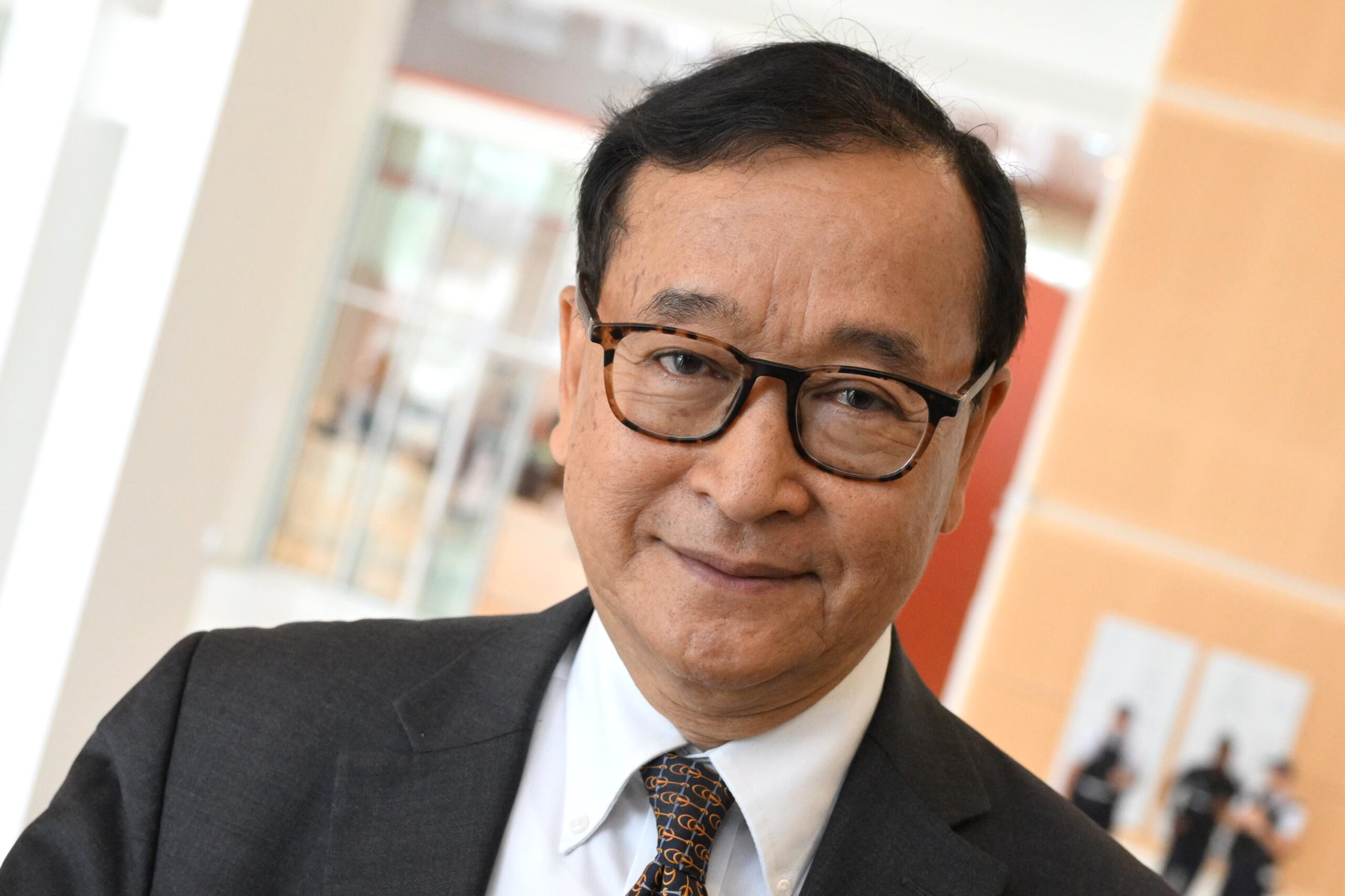
The overlap of Cambodia’s third turn as ASEAN’S rotational, year-long chairmanship with the public uncovering of the sprawling scale of the cyberscams sector could have conceivably made for an awkward diplomatic situation for the kingdom. But for the most part, any such communications have been subtle – or at least a lot more subtle than Kasit’s editorial.
The last time Cambodia served as chair, in 2012, the bloc failed for the first time in its history to issue a joint statement. The topic of that frustrated effort was the South China Sea conflict, a perennial focus of ASEAN, and some diplomats pinned the failure to deliver a unified statement directly on Cambodia.
Embassies and law enforcement agencies in other ASEAN countries have cautioned their citizens against travelling in response to job ads from Cambodia and other countries that harbour scam groups, such as Laos, Myanmar and, to a lesser extent, Thailand.
“The cyberscams are more a global issue than a regional issue,” said Sharon Seah, coordinator of the ASEAN centre at the ISEAS – Yusof Ishak Institute in Singapore. “I don’t believe it’s been raised at all on the regional agenda, at least where countries are concerned. They may have raised it bilaterally rather than put it on a regional set of meetings.”
Even as the wider reputational hit to Cambodia of the cyberscams industry continues in sectors such as investment and law enforcement, the issue isn’t expected to come up in the summit beginning Thursday. ASEAN’s non-interference principle effectively rules domestic issues off-limits
“It can be politicised but so far at least it does not seem to be,” said retired Singaporean Ambassador Bilahari Kausikan of the scams issue to Globe.
Kausikan has in the past been a vocal critic of Cambodia’s performance in the bloc, but said he believed the state “performed credibly and professionally as ASEAN Chair.”
“The fiasco over the [South China Sea] in 2012 can be attributed to the former foreign minister who was a particularly obtuse individual and now that he has gone I did not expect anything like that to be repeated,” Kausikan said.
He went on to praise Hun Sen’s early overtures to Myanmar junta leader Min Aung Hlaing to negotiate an end to his post-coup conflict.
Seah had a similar view on Hun Sen’s outreach to Myanmar and judged Cambodia’s performance as chair as “respectable.”
“I think it’s 100% for effort, for Cambodia, no lack of trying. Especially with Myanmar, I think they put their best foot forward, made a lot of effort to bring the junta around to the table.”
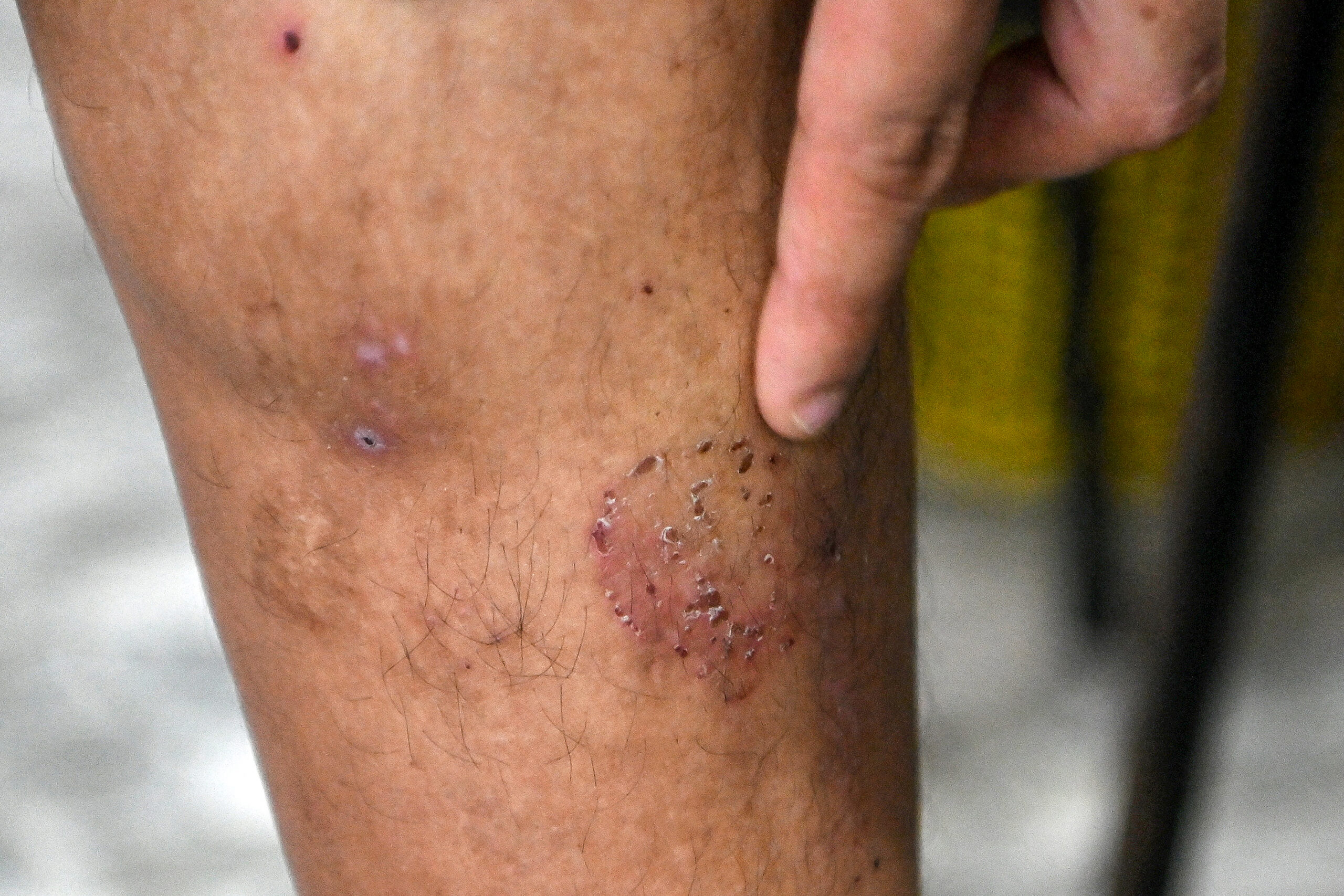
ASEAN may not consider the mass human trafficking linked to the scam centers to be a bloc-level political issue, but on other levels, the lurch into more serious forms of organised crime is already having a more obvious backlash.
The publicly known contours of the scam sector, now the subject of international press, emerged mostly through local media investigations over months of forceful official denials.
Scam compounds in Cambodia have mostly been operated by organised crime groups from China, but also included gangs of Southeast Asian origin, including from Thailand and Vietnam. Local accomplices facilitated the work of these compounds at varying levels – some, including the powerful tycoon and CPP senator Try Pheap, even owned the facilities in which alleged scam gangs could work untroubled by police interference.
So far, Pheap and other well-connected patrons have not been placed under investigation. A government spokesman said he wasn’t aware of accusations against the senator.
The straight reputational damage is enormous, and anybody who doesn’t appreciate that just has tunnel vision or their head in the sand”
Stephen Higgins, founder and managing partner of Mekong Strategic Partners
Pech Pisey, the country director of Transparency International, says the patronage system has manifested corruption on “grand and petty scales” that have long undermined the state.
“Corruption in the political sphere is the most worrisome, where political elites and their cronies use their power to amass wealth at the expense of state resources, human rights and democratic development,” Pisey said. “This is done via vast patronage networks through legal and illicit means, combined with coercion, violence and intimidation. For criminal gangs, this is a perfect breeding ground for their illicit activities.”
The scope and openness at which scam groups worked in Cambodia – thanks to the help of the patronage network – contributed to the U.S. Treasury downgrading the kingdom to its highest-risk status in its 2022 Trafficking in Persons report. Just last month, the watchdog Financial Action Task Force kept Cambodia on the grey list of high-risk countries for money laundering.
Scam-related issues are already causing collateral damage to legitimate development, said Stephen Higgins of the scams industry, a founder and managing partner of Mekong Strategic Partners investment consultancy in Phnom Penh.
“This has just played out incredibly negatively amongst the business community. It’s gobsmackingly bad,” Higgins said.
“The straight reputational damage is enormous, and anybody who doesn’t appreciate that just has tunnel vision or their head in the sand,” he continued. “That will impact foreign investment in Cambodia for quite some time, it will take a while to remove the stain this has created on Cambodia’s reputation.”
Aside from scams, the UN Office of Drugs and Crime reports the past year also revealed a dramatic escalation in the kingdom’s role as a production centre for synthetic drugs.
Anti-narcotics authorities in Cambodia conducted a series of raids on 16 clandestine lab sites across the country, with the single-largest being in the rural Oral district of Kampong Speu province. In that single lab, which shared space with a large agribusiness that operated a mango processing plant, police seized 1.4 tons of finished ketamine and 80 tons of drug precursor chemicals.
Jeremy Douglas, the regional coordinator of the UNODC, has been closely following these developments with his colleagues in their Bangkok office.
“Organised crime looks for conditions that help them expand, including infrastructure any legitimate business would use, but fundamentally they seek environments with weak, easily compromised or basically absent law enforcement – no doubt the Mekong and Cambodia have been seen as a near perfect place for growth.”

